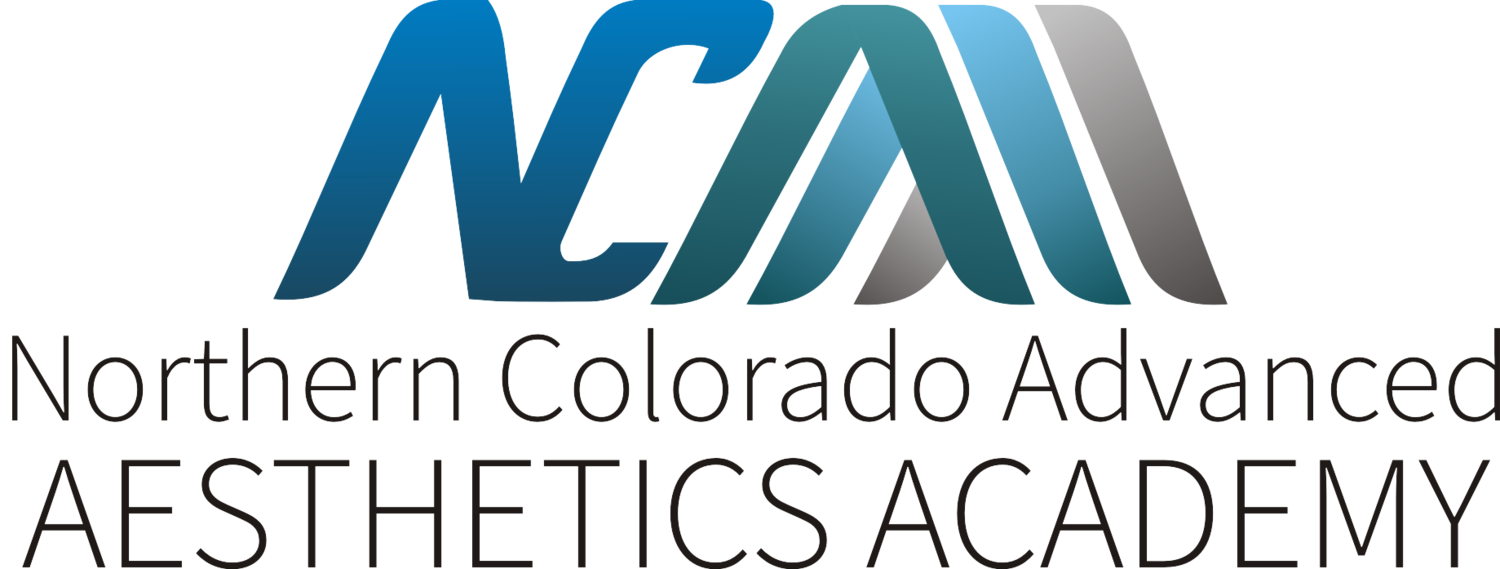Esthetician Guide: Prioritizing Client Safety During Treatment
Workplace safety is essential for every industry, but especially so for estheticians. With every client that walks in for every treatment performed, one of the main concerns should be the health and well-being of the client as well as the esthetician.
The Importance of Client Safety
Estheticians are trained professionals who specialize in different face, hair, and body treatments. Included in the thorough training process is learning the myriad of health and safety protocols that will ensure no mistakes occur before, during, or after an aesthetic procedure.
Clients walk into salons and clinics with the complete trust that their needs and wants will be taken care of. It’s up to professional estheticians to use their safety training day in and day out to prevent injuries and infection. A happy customer is safe as well as beautiful. If your esthetics clinic is known for meticulousness along with your high-quality service, you won’t have trouble bringing customers to your door!
Here are the most crucial areas for concern when it comes to client safety:
1. Equipment
For most clients, one of their biggest concerns is hygiene. When they walk into a salon or esthetic clinic, they expect that all tools and equipment are thoroughly cleaned and sanitized between appointments. Each type of equipment requires different types of cleaning, and it’s essential to be as thorough as possible after every use.
Aside from your various tools, the general area should be as clean as possible. The floor should be swept regularly, each workspace organized, and all mirrors kept spick and span. Don’t forget to prepare all sheets, robes, and cloth covers for routine laundry before each use.
2. Skin Sensitivity
There are numerous types of skincare and makeup products in the market, and they are each made using dozens of ingredients. There’s no telling how each person’s skin will react when certain powders or chemical peels are applied.
This is why it’s important to have a thorough consultation before skin treatments and makeup application. The client should impart everything they know about existing allergies, and estheticians should thoroughly explain the potential risks and outcomes of the procedure. Open and honest communication is key to preventing allergic reactions and skin damage.
3. Hair Removal
Hair removal procedures usually involve hot wax poured over the skin. Needless to say, a waxing appointment requires the utmost care and precision from the esthetician performing the procedure. Waxing is painful enough if done incorrectly, causing the patient excessive pain. Additionally, there is a great potential for skin damage if the esthetician makes mistakes when applying hot wax.
One of the biggest safety concerns regarding hair removal is if the client is on certain medication. If they are on blood thinners, there is a risk for bruising and bleeding when the hair is pulled out. For example, they shouldn’t get waxed if they use prescription Retin-A on their face.
Conclusion
Estheticians are highly-trained professionals that provide sensitive treatments for their clients. Competently delivering certain procedures goes hand-in-hand with caring for a client’s safety and health. Client safety is one of the most critical parts of being an esthetician, and your customers deserve to walk out of your clinic or salon feeling happy and refreshed. This is just one of the many lessons you’ll learn on the path to becoming a licensed esthetician.
Northern Colorado Advanced Aesthetics Academy is a private esthetician school in Loveland, CO. We offer training in open-concept classroom settings and our spa for hands-on experience. Our graduates are well-practiced, trained, and confident in their skills, ready to enter and succeed in the esthetics field. Contact us to find out more about our program!
